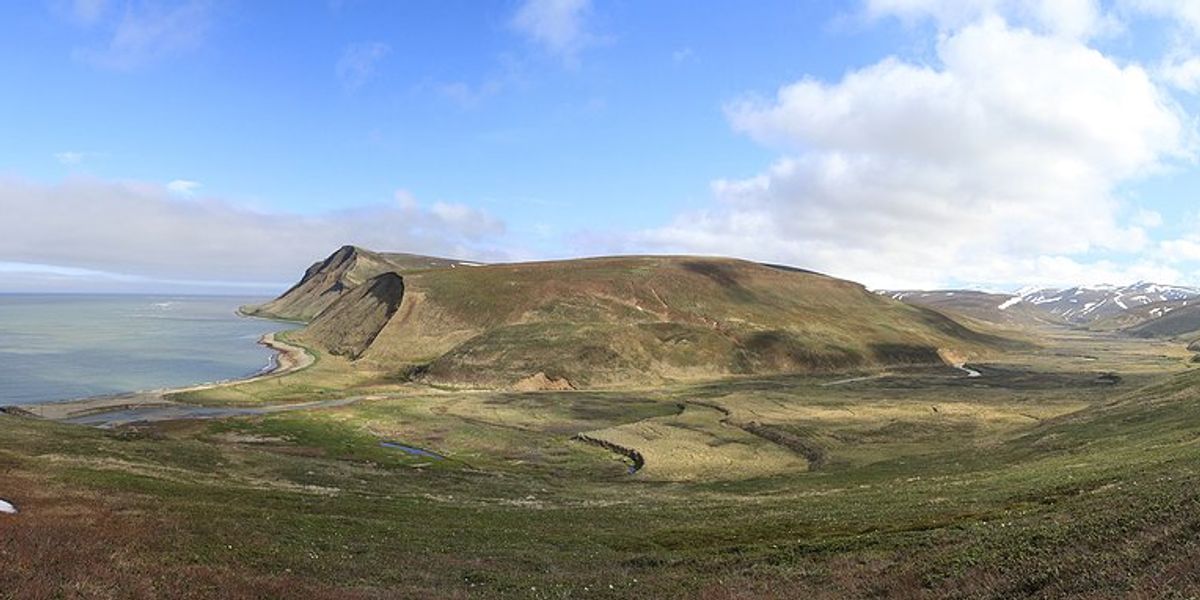nitrogen pollution
Credit: Unpossible/Flickr
Research highlights fungi's key role in carbon capture
The underground networks of plant roots and fungi are proving to be essential in sequestering carbon in the soil, according to recent studies.
In short:
- Kew Gardens' fungarium, the world's largest collection of fungi, showcases the biodiversity and ecological importance of fungi.
- Mycologist Laura Martinez-Suz's research reveals that fungi, particularly mycorrhizal types, are crucial for carbon storage in soils, influencing the effectiveness of reforestation efforts.
- Nitrogen pollution disrupts beneficial fungi, but reducing pollution levels can help restore these critical networks.
Key quote:
“Replacing the complete set of fungi with other fungi has implications for long-term carbon sequestration in soil and biodiversity.”
— Laura Martinez-Suz, mycologist
Why this matters:
Understanding and protecting fungal networks is useful for improving carbon capture and mitigating climate change impacts, putting a focus on the importance of reducing pollution and supporting biodiversity. Read more: How fungi could help clean up our biggest toxic messes.
Keep reading...Show less
| BigStock Photo ID: 462140279 |
| Copyright: richardjohnson |
Anti-salmon-farming activists are playing a global game of whack-a-mole
Increasing regulation in several countries is forcing open-net-pen salmon farmers to pack up shop. But then what happens?
Newsletter
Report forecasts clean-energy boost from turning cornfields into solar power fields
Clean Wisconsin released a report Tuesday comparing the efficiency of using farmland to grow corn for ethanol with using it for solar power.
Newsletter
Western Arctic National Pa/Flickr
How increasing wildfires could transform the Arctic
Wildfires, and the nutrients they bring, could make the Arctic Ocean more productive.
Warming winters are increasing fertilizer runoff and polluting waterways, a new study finds
A new study finds as winter weather warms across the Midwest, fertilizers that once froze are now finding their way into streams and rivers.
Voluntary measures may not be enough: Bacteria and algae plague Iowa beaches
The Gazette and Investigate Midwest analyzed 20 years of beach monitoring data from the Iowa Department of Natural Resources
‘Dead zone' smaller than expected, but bigger than desired
Though significantly smaller than expected, this year's dead zone still far exceeds the long-term goal.
ORIGINAL REPORTING
MOST POPULAR
CLIMATE



















